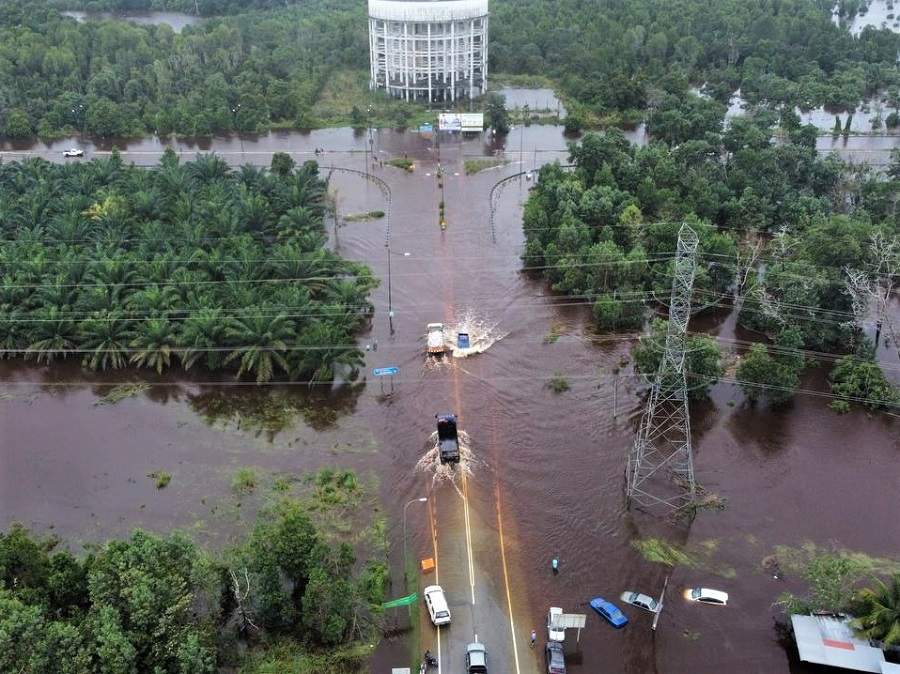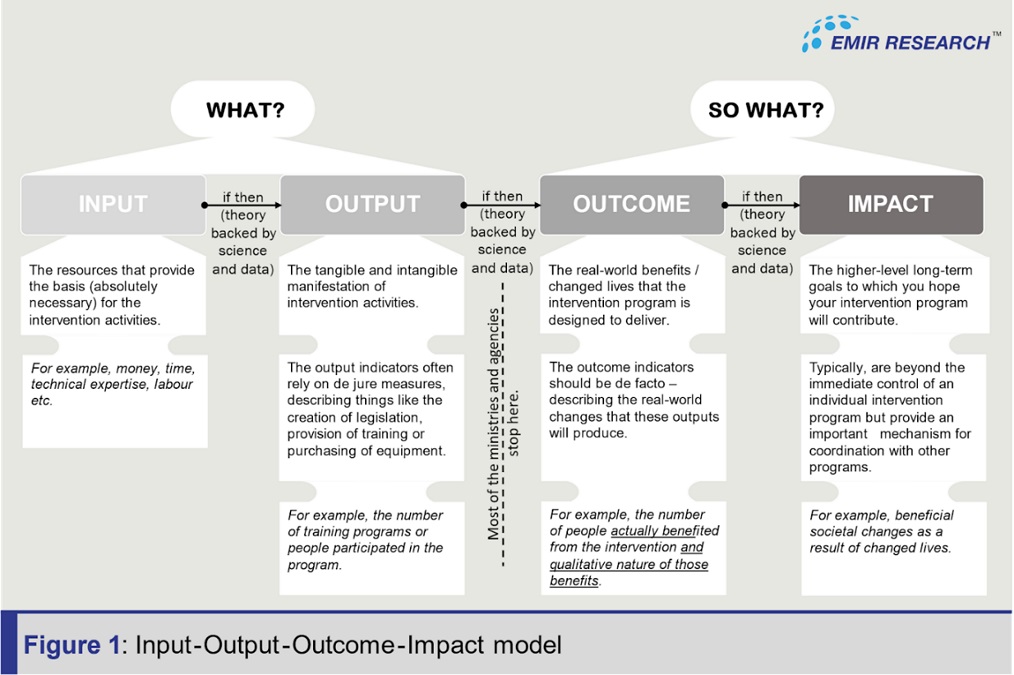While Malaysia is trying to get back on track with economic recovery, the Russia-Ukraine war, extreme weather patterns, China’s zero Covid policy, the impact of the Fed’s aggressive interest rate hikes, etc., are some of the global crises which continue to prevent many from reverting to pre-pandemic levels.
Due to the unusual and increasing volume of rainfalls over the past months, some Malaysians stay in low-lying, flood-prone areas with no option but to absorb unmitigated costs and damages from flooding – affecting necessities such as electrical appliances, furniture and cars.
Moreover, the continuously depreciating ringgit and rising food price inflation have drastically reduced disposable income among middle- and low-income Malaysians. They have started to feel the pain of needing to spend more money out of their pockets due to increasingly expensive imported food and goods.
Thus, the climate change threat has become a very concerning issue due to the impact on the severity of flooding.

Subscribe to our Telegram channel to get a daily dose of business and lifestyle news from NHA – News Hub Asia!
Flood damages will further shrink people’s available income to spend. Not only do they have to pay more in terms of food, but they also have to fork out more money to repair their cars and repurchase home furniture.
Eventually, they may reduce the amount of food intake or sacrifice their nutrition intake to survive.
Furthermore, the overnight policy rate (OPR)’s triple hike this year (so far) has worsened the situation by compelling more vulnerable Malaysian households to pay additional accrued interest for their housing and car instalments (on a monthly basis).
As the current OPR has increased by 0.5 per cent (from two per cent in May to 2.5 per cent in September), more Malaysian individuals and families are expected to be vulnerable in managing various expenses ranging from utilities and food to children’s education.
A 0.25 per cent increase in OPR for an RM500,000 home loan with a 30-year tenure implies that Malaysian households have to pay an additional RM71 monthly instalment. Over a 30-year period, the borrower has to pay an additional RM25,560 in total for interest payments.
Free Malaysia Today reported on 18 October that economic stability and job security are the “rice bowl” issues that concern young voters the most.
Political analyst James Chin opined that young people are relatively more worried about their future prospects due to the pandemic, as they are just starting out their adult lives and career in an unpromising and dampened economic environment.
Despite food and income accessibility having worsened since the emergence of the Covid-19 pandemic, Budget 2023 did not emphasise how to generate more revenue for the rakyat to better cope with the risks associated with extreme weather events (particularly floods) and increasing costs of inflation.
Thence, GE15 is an opportune time for political parties or coalitions to think about feasible solutions associated with these issues.
In order to win the hearts of the voters once again and ensure that they go out to vote during this GE15, an important national election that will determine the direction of the country for the next decade, at least, climate change, food and income are major issues that political parties or coalitions should champion as the core themes of their electoral pledges.
The following are some policies that politicians could consider introducing during their campaign period:
Climate Change
Instead of continuously turning empty land into commercial or residential building development projects, political parties/coalitions could propose more green spaces – acting as urban water (artificial) “catchment” areas and sponges to divert excess water from the heavy downpours.
Parks, walking trails and community gardens are the green lungs that could integrate the natural environment well with the built environment. Residents also could relax their minds with jogging, walking and cycling activities.
However, to minimise frequent flash flood occurrences, political parties/coalitions have to express commitment to improving the carrying capacity of rivers and drains – either widening, deepening or both.
Food
Political parties/coalitions could introduce food aid vouchers (both paper and electronic/digital) among the B40 and the hardcore poor households and individuals.
In ensuring low-income groups have sufficient access to nutritious food (i.e., eggs, vegetables, chicken and rice), political parties/coalitions could work alongside private sector donors to specify the food items that could be claimed with food vouchers from the supermarkets, hypermarkets, etc.
Via fostering public-private partnerships (PPPs), food aid vouchers can be a form of initiative that would reduce the financial burden of low-income earners.
With lesser money needed to spend on food, vulnerable and struggling households could allocate money to purchase digital devices, Internet data and upskilling courses, among others, that could enhance their employability, and business prospects if they wish to become entrepreneurs.
Income
Instead of encouraging Malaysians to look for gig economy jobs (i.e., e-hailing drivers or delivery riders), political parties/coalitions have to show their aspiration to create more high-skilled, high-income jobs in major cities such as Kuala Lumpur, Petaling Jaya, Georgetown, Johor Bahru, Kuching and Kota Kinabalu.
However, high-skilled job creation has to come with a great emphasis on research and development (R&D), whereby academia and industries can identify the latest industry trends in a strategic collaboration with the government.
Designing jobs based on current market demand would enhance the country’s productivity. At the same time, it would raise the disposable income level of Malaysians, enabling Malaysia to move towards a high-income nation in the next decade or so.
For Malaysians in rural areas, handicrafts and other related survival skills workshops would enable them to sustain themselves economically without leaving their villages.
A “one kampung, one industry” agricultural development policy could also be initiated to improve the earning prospects of rural folks.
Nonetheless, effective monitoring mechanisms are required to ensure the policies are implemented based on the desired input (I), output (O), outcome (O) and impact (I). The IOOI model framework has always been advocated by EMIR Research (see Figure 1: Input-Output-Outcome-Impact model).
Let us pray that Malaysia will have stable and good governance after GE15, enabling the country not to fall into a quadruple whammy – of climate change, pandemic, recession and inflation and, hence, possibly stagflation.
This article was written by Amanda Yeo who is a Research Analyst at EMIR Research, an independent think tank focused on strategic policy recommendations based on rigorous research, and is an excerpt from the original article of the same title.
*Disclaimer: The views expressed are those of the writer and do not necessarily reflect those of NHA – News Hub Asia.




